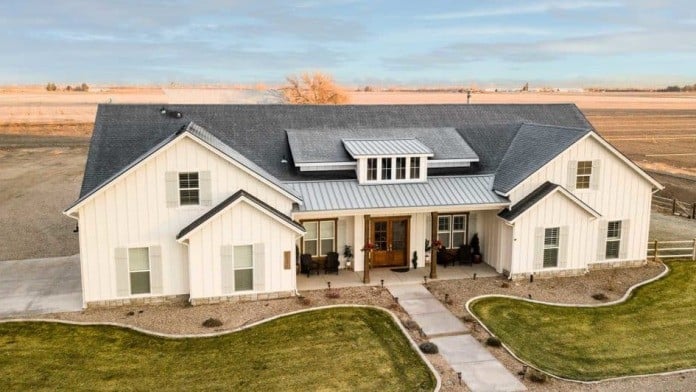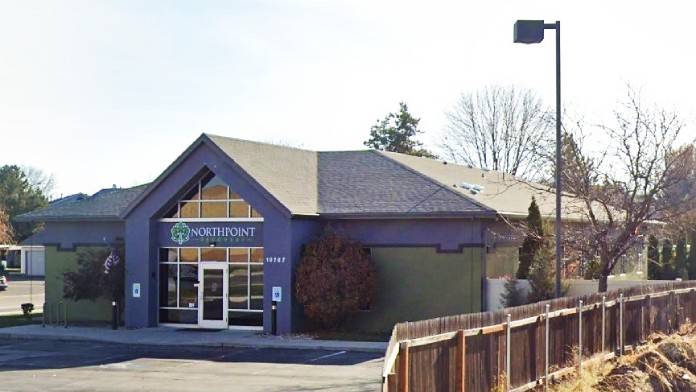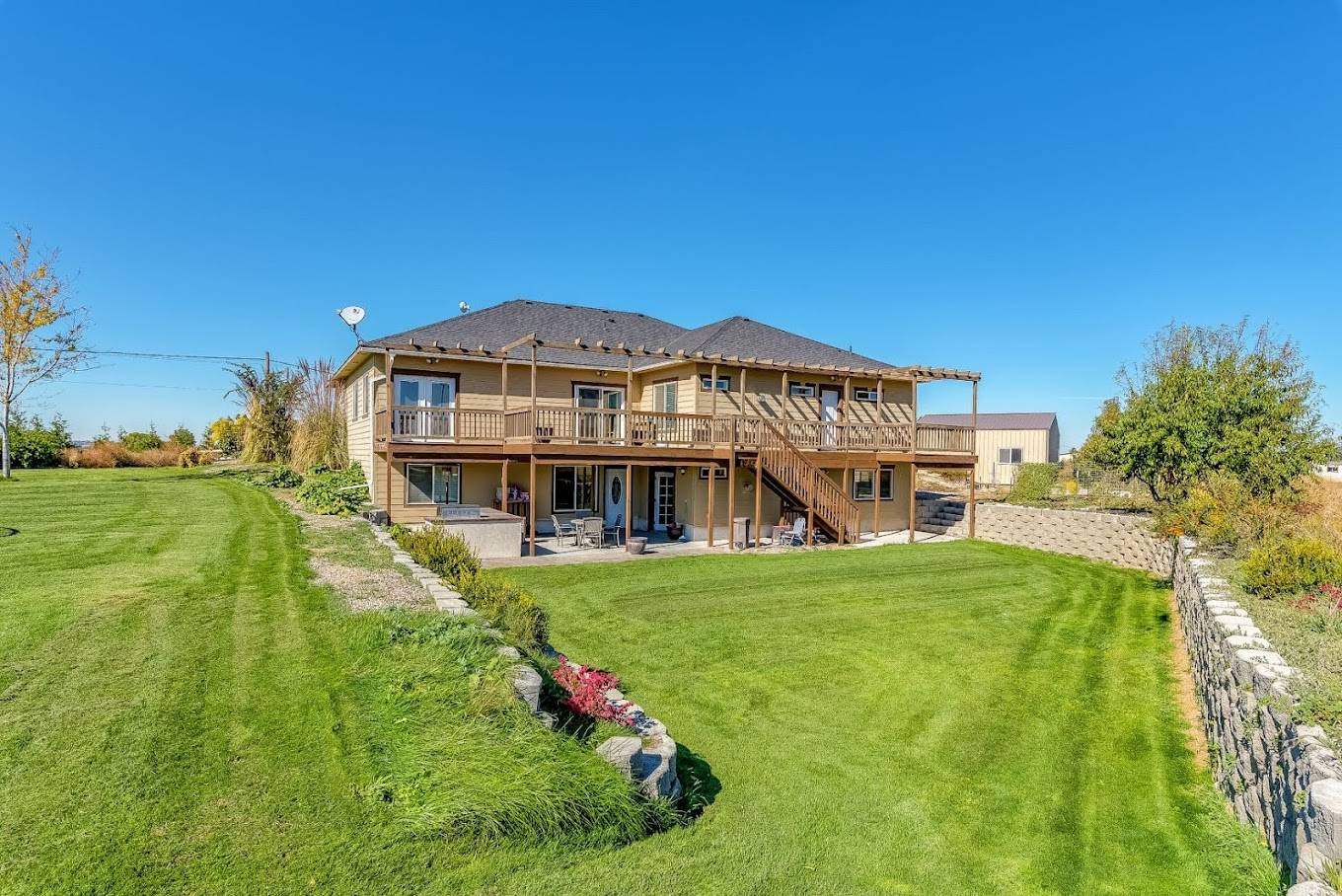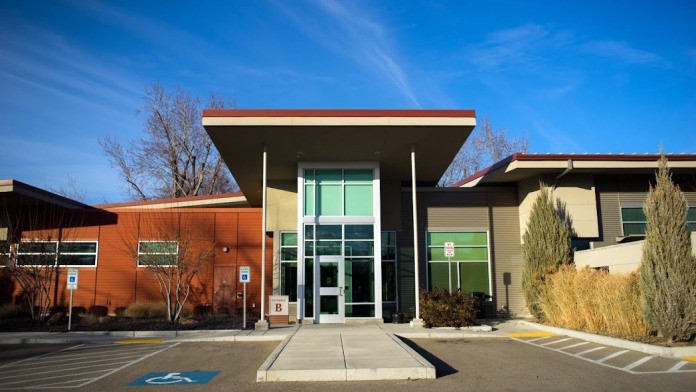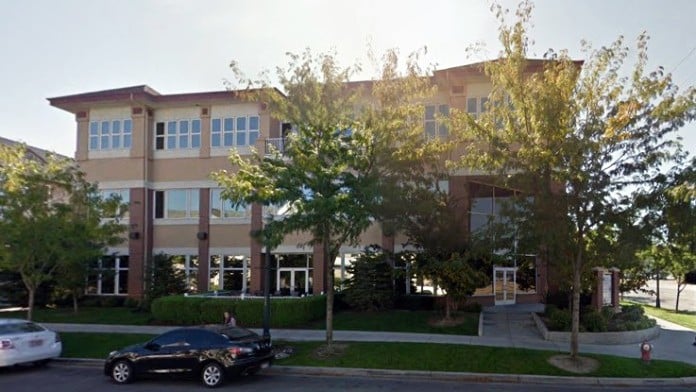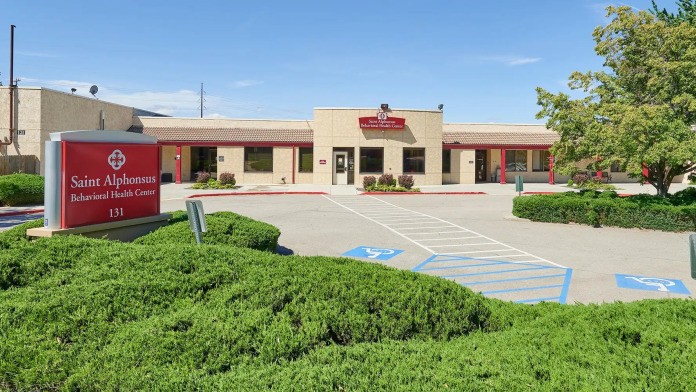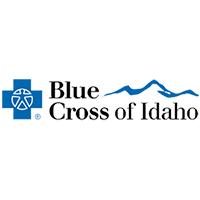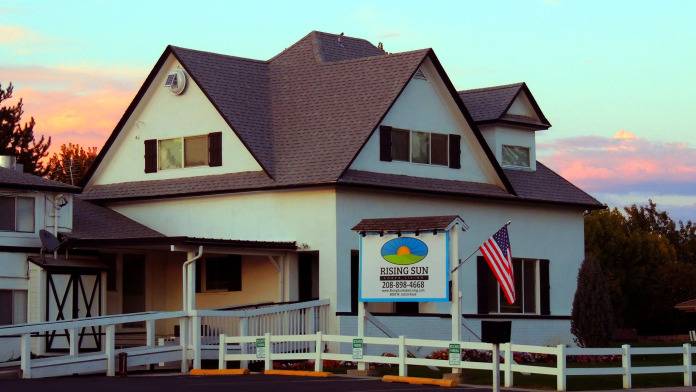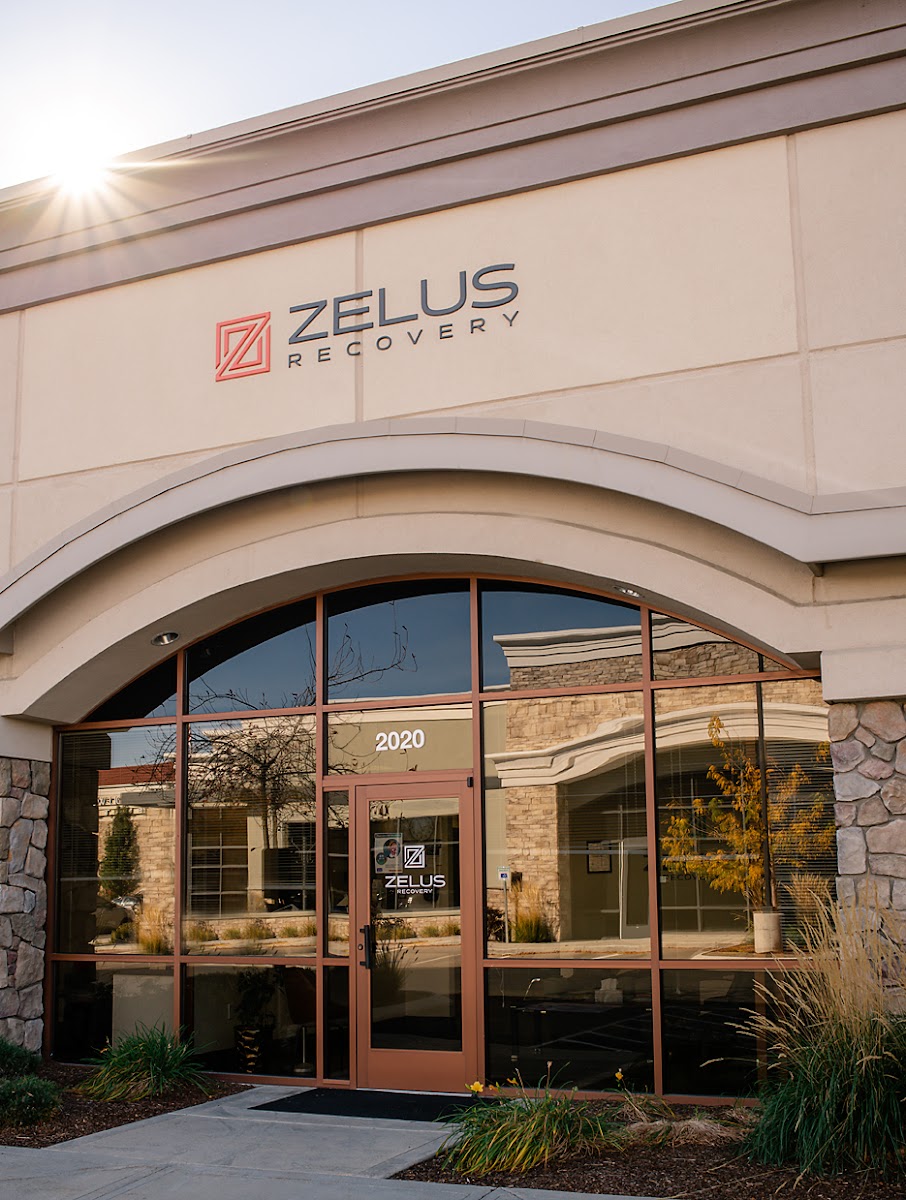About Brick House Recovery
Just north of Silver Lake in Boise, Idaho, you’ll find Brick House Recovery’s (BHR) headquarters and flagship rehabilitation center. Here, they aim to help each client heal from their addictions.
They start the process by affirming that each person struggling with this disease is valued and should be nurtured towards growth. Their outpatient program is faith based, incorporating biblical teaching and wisdom in each module, group meeting and private session.
Building Towards Freedom
At BHR, they’ll provide you with individual sessions and small group sessions to help you work through addictive behaviors and co-occurring conditions.
A lot of the time is devoted to paying special attention to the unique root causes of addiction in your life, which they’ll help you address across practical, psychological, and spiritual dimensions. They also value slow, sustainable growth within the context of a long term commitment to sobriety.
For this reason, they offer a special “Lifetime Agreement,” which is a contract that offers a lifetime of post treatment support to those who’ve completed the partial hospitalization, intensive outpatient and aftercare modules.
A Safe and Nurturing Community
Another interesting part of BHR’s approach is that they are protective of their internal recovery community. Many clients report that their support group started to feel like family, and BHR protects this dynamic by keeping groups small and by being selective with their clients.
Latest Reviews
Rehab Score
Gallery


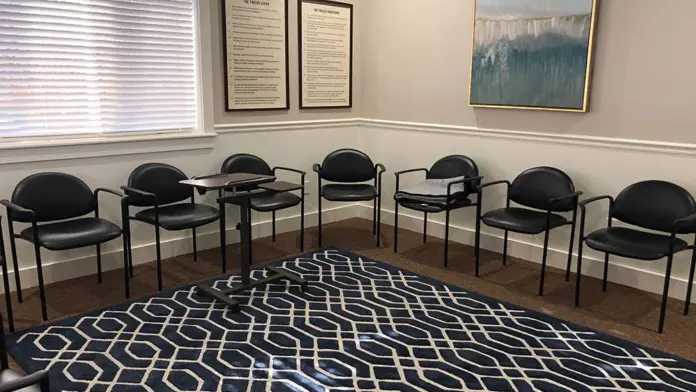
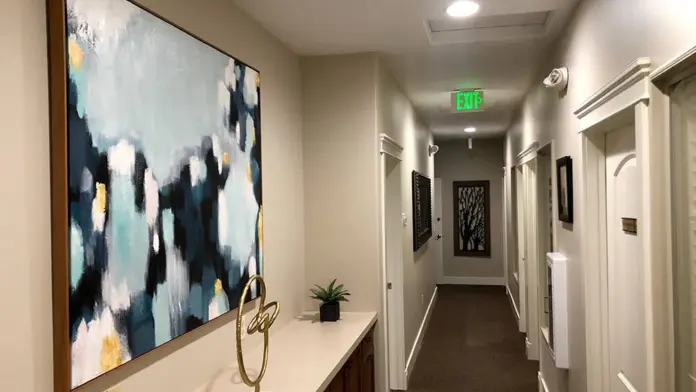
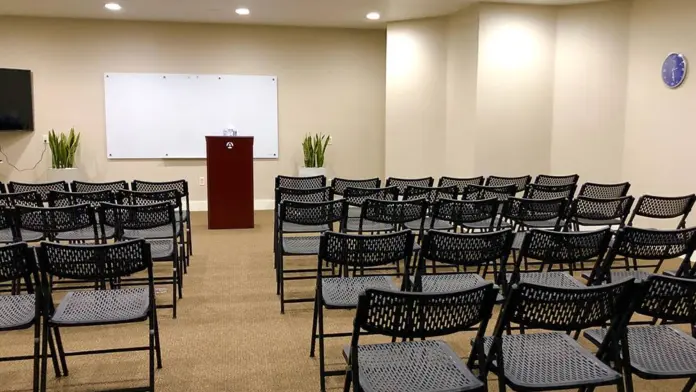
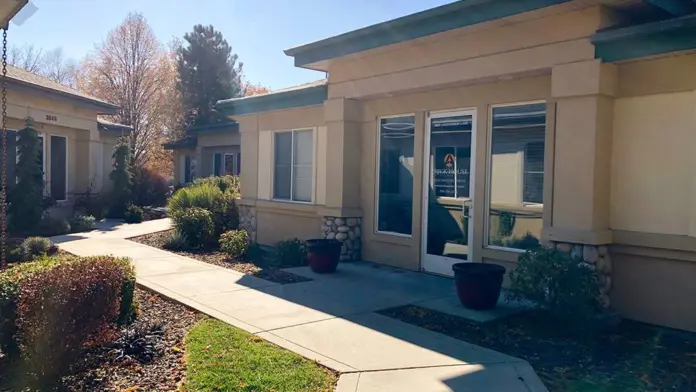
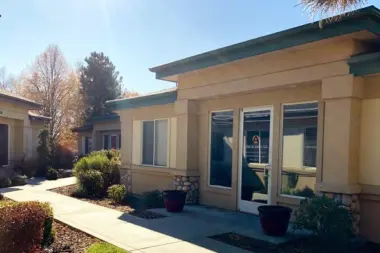
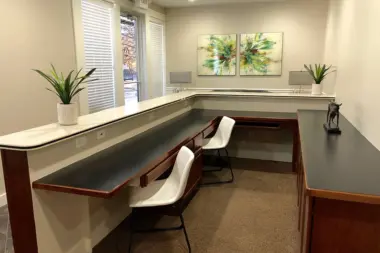
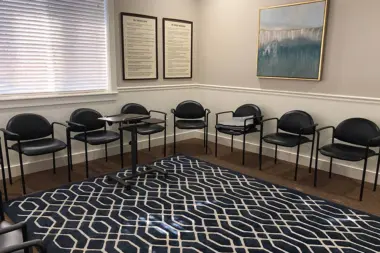
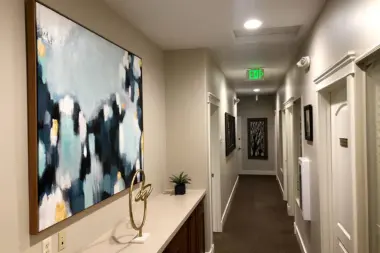
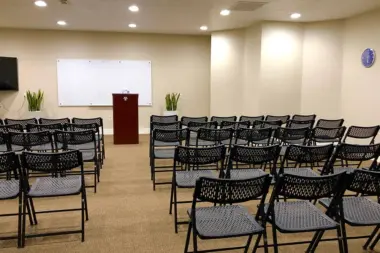
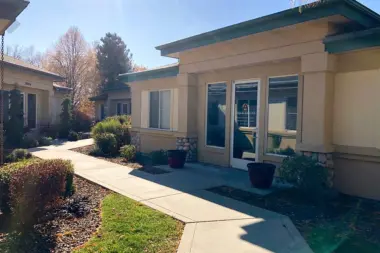
Accepted Insurance





Other Forms of Payment
Private insurance refers to any kind of healthcare coverage that isn't from the state or federal government. This includes individual and family plans offered by an employer or purchased from the Insurance Marketplace. Every plan will have different requirements and out of pocket costs so be sure to get the full details before you start treatment.
Self-pay involves paying for treatment out of your own pocket. You can use savings or credit, get a personal loan, or receive help from family and friends to fund your treatment. If you don't have insurance or your insurance plan doesn't cover a specific program, self-pay can help ensure you still get the care you need.
Medicaid is a state based program that helps lower-income individuals and families pay for healthcare. Medicaid covers addiction treatment so those enrolled can use their coverage to pay for rehab. When a program accepts Medicaid the client often pays very little or nothing out of their own pocket.
Sliding scale payments are based on a client's income and family size. The goal is to make treatment affordable to everyone. By taking these factors into account, addiction recovery care providers help ensure that your treatment does not become a financial burden to you or your family, eliminating one barrier to care.
Addiction Treatments
Levels of Care
Outpatient Programs (OP) are for those seeking mental rehab or drug rehab, but who also stay at home every night. The main difference between outpatient treatment (OP) and intensive outpatient treatment (IOP) lies in the amount of hours the patient spends at the facility. Most of the time an outpatient program is designed for someone who has completed an inpatient stay and is looking to continue their growth in recovery. Outpatient is not meant to be the starting point, it is commonly referred to as aftercare.
Many recovery centers base their treatment models on 12 step programming, which emphasizes spiritual development and peer coaching. 12 step recovery is designed to help participants address the root causes of their addiction, take accountability for their choices, and let go of that over which they are powerless. Though these programs prioritize spiritual growth, religious affiliation isn't required. Participants regularly attend anonymous, free, peer-directed meetings and are mentored by a peer sponsor.
Treatments
The goal of treatment for alcoholism is abstinence. Those with poor social support, poor motivation, or psychiatric disorders tend to relapse within a few years of treatment. For these people, success is measured by longer periods of abstinence, reduced use of alcohol, better health, and improved social functioning. Recovery and Maintenance are usually based on 12 step programs and AA meetings.
Drug rehab in Idaho provides treatment for addiction to drugs. It usually includes a combination of treatment methods that can involve counseling, medication, and a variety of evidence-based therapies. Programs are designed to help individuals manage their substance use disorder long-term.
Many of those suffering from addiction also suffer from mental or emotional illnesses like schizophrenia, bipolar disorder, depression, or anxiety disorders. Rehab and other substance abuse facilities treating those with a dual diagnosis or co-occurring disorder administer psychiatric treatment to address the person's mental health issue in addition to drug and alcohol rehabilitation.
Opioid rehabs specialize in supporting those recovering from opioid addiction. They treat those suffering from addiction to illegal opioids like heroin, as well as prescription drugs like oxycodone. These centers typically combine both physical as well as mental and emotional support to help stop addiction. Physical support often includes medical detox and subsequent medical support (including medication), and mental support includes in-depth therapy to address the underlying causes of addiction.
Substance rehabs focus on helping individuals recover from substance abuse, including alcohol and drug addiction (both illegal and prescription drugs). They often include the opportunity to engage in both individual as well as group therapy.
Programs
Adult rehab programs include therapies tailored to each client's specific needs, goals, and recovery progress. They are tailored to the specific challenges adult clients may face, including family and work pressures and commitments. From inpatient and residential treatment to various levels of outpatient services, there are many options available. Some facilities also help adults work through co-occurring conditions, like anxiety, that can accompany addiction.
Clinical Services
Research clearly demonstrates that recovery is far more successful and sustainable when loved ones like family members participate in rehab and substance abuse treatment. Genetic factors may be at play when it comes to drug and alcohol addiction, as well as mental health issues. Family dynamics often play a critical role in addiction triggers, and if properly educated, family members can be a strong source of support when it comes to rehabilitation.
Group therapy is any therapeutic work that happens in a group (not one-on-one). There are a number of different group therapy modalities, including support groups, experiential therapy, psycho-education, and more. Group therapy involves treatment as well as processing interaction between group members.
In individual therapy, a patient meets one-on-one with a trained psychologist or counselor. Therapy is a pivotal part of effective substance abuse treatment, as it often covers root causes of addiction, including challenges faced by the patient in their social, family, and work/school life.
Staff & Accreditations
Staff
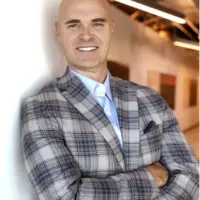
Jason Coombs
President & Founder

Shayla Ward, LCPC
CEO & CCO

Justin Haight
Director of Business Development

Amy Peden
Clinical Director

Chris Brayton, LCSW
Clinical Director

Shawn Grischkowsky, LCSW
Clinical Manager Coeur D’Alene office
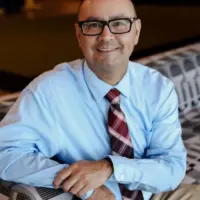
Archie Swensen
Director of Client Success

Mikael Hatfield
Brick House Manager
Accreditations

LegitScript has reviewed Brick House Recovery as part of their certification program, and has determined that it meets the LegitScript standards for legality, safety and transparency.
LegitScript verified in July 2020
Contact Information
3663 N. Lakeharbor Ln
Boise, ID 83703

